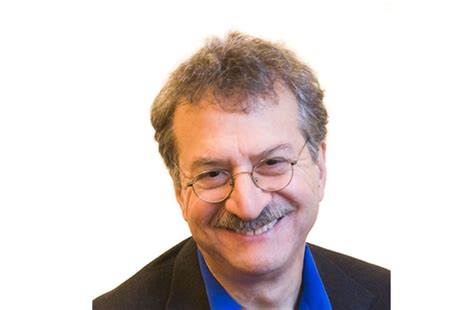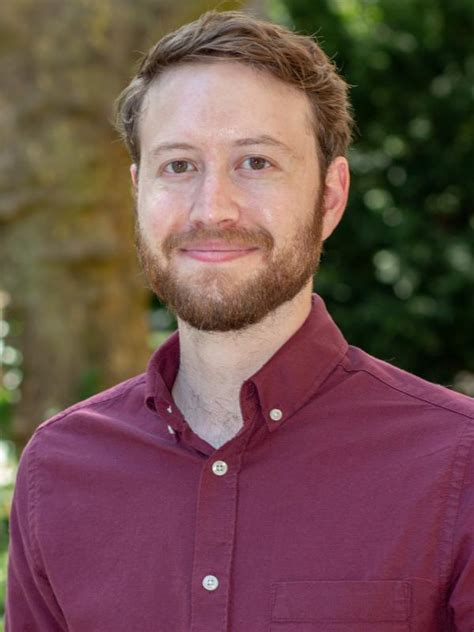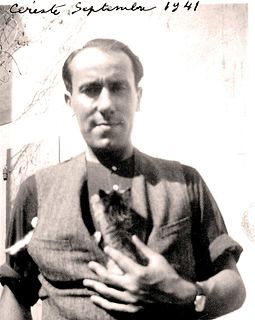A Quote by Robert Kegan
It is not change that causes anxiety; it is the feeling that we are without defenses in the presence of what we see as danger that causes anxiety.
Related Quotes
The presence of anxiety is unavoidable, but the prison of anxiety is optional. Anxiety is not a sin; it's an emotion. So don't be anxious about feeling anxious. Anxiety can, however, lead to sinful behavior. When we numb our fears with six-packs or food binges, when we spew anger like Krakatau, when we peddle our fears to anyone who will buy them, we're sinning.
That 'change makes us uncomfortable' is now one of the most widely promoted, widely accepted, and under-considered half-truths around. [I]t is not change by itself that makes us uncomfortable; it is not even change that involves taking on something very difficult. Rather, it is change that leaves us feeling defenseless before the dangers we 'know' to be present that causes us anxiety.
Surveillant anxiety is always a conjoined twin: The anxiety of those surveilled is deeply connected to the anxiety of the surveillers. But the anxiety of the surveillers is generally hard to see; it's hidden in classified documents and delivered in highly coded languages in front of Senate committees.
the tragedy of an attachment is that if its object is not attained it causes unhappiness. But if it is attained, it does not cause happiness – it merely causes a flash of pleasure followed by weariness, and it is always accompanied, of course, by the anxiety that you may lose the object of your attachment.




































